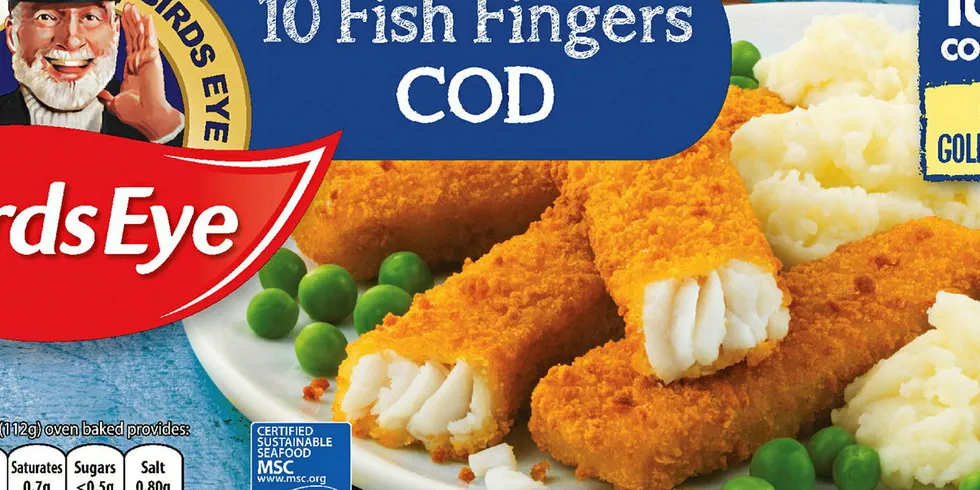Birds Eye Iglo parent crafting plan to retain new frozen fish consumers: 'We need to understand this fast'
Sales in the frozen category spiked during the pandemic and introduced a whole new demographic of consumers to frozen fish – the challenge for Nomad Foods now is keeping them.
